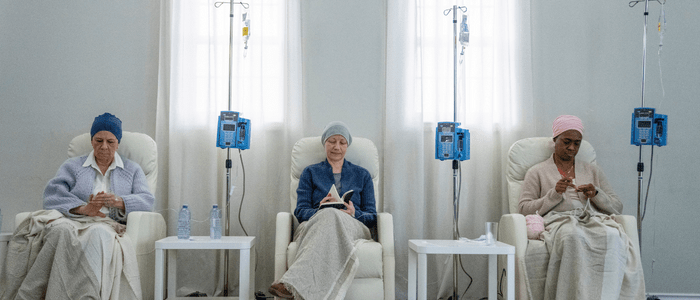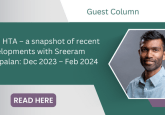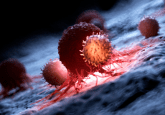New report emphasizes need for clear guidance to enhance EU Joint Clinical Assessment for cancer treatments

The EU’s new Health Technology Assessment (HTA) Regulation aims to harmonize clinical assessments of new cancer treatments, but pragmatic guidance is needed to optimize the Joint Clinical Assessment (JCA) process and expedite patient access.
A recent study examining the proposed EU HTA methods for oncology medicines underscores the necessity for transparent and evidence-based guidance to optimize the JCA process. Commissioned by the EFPIA Oncology Platform and developed by Evidera, the report highlights the critical role of JCAs in expediting patient access to innovative cancer treatments within the European Union.
The main takeaway from the study is the importance of balancing evidence generation and assessment for expedited access to new cancer therapies. With less than a year remaining before the implementation of the new system for oncology medicines and advanced therapy medicinal products (ATMPs), there is an urgent need for pragmatic guidance to navigate the evolving landscape of healthcare technology.
EU-level JCAs are a central feature of the new HTA Regulation, designed to evaluate the clinical effectiveness of new technologies compared to existing treatments. These assessments aim to streamline access and reimbursement decisions at the national level while harmonizing the approach to clinical evaluations across EU member states. Nathalie Moll, EFPIA Director-General, stressed the goal of leveraging the new regulation to accelerate patient access, stating,
“We have seen enormous progress in oncology and, considering the rapidly advancing science, there are more breakthroughs on the horizon. We want to match that innovation in how we utilize the new HTA Regulation to create faster access for patients across Europe. Collectively, we need a clear, workable, and predictable framework for all stakeholders to be fully functional by the time the first products are assessed.”
The Evidera report applied EUnetHTA 21-proposed methods guidelines to simulate JCA reports for three recently approved cancer medicines. The study highlighted several challenges facing JCAs in oncology that need to be addressed, including complex analysis requirements due to the broad assessment scope. Even with readily accessible randomized controlled trials, addressing such a broad scope necessitates sophisticated analysis techniques or real-world data (RWD). Additionally, JCA should also prioritize all oncology-relevant endpoints (ORE), not just overall survival (OS), as the current guidelines do not. Echoing these concerns, Neil Grubert, Independent Consultant, emphasized,
“High unmet clinical need and the speed of scientific progress present unique challenges in clinical development programs in oncology.”
Given the dynamic nature of cancer treatment development, flexibility in evaluation methods is vital. The EFPIA Oncology Platform advocates for meaningful involvement of stakeholders, including health technology developers, clinical experts, and patients, in shaping the assessment process. Additionally, they emphasize the importance of leveraging state-of-the-art methodology and considering all available evidence sources, including RWD.
In light of these findings, recommendations put forth by the EFPIA Oncology Platform include:
- Ensuring meaningful and timely engagement of stakeholders in defining assessment criteria.
- Optimizing the evidence-based scoping process to accommodate the dynamic oncology landscape.
- Providing comprehensive and flexible advice to adapt to the evolving treatment landscape.
- Leveraging the latest methodologies and evidence synthesis techniques, including RWD.
- Considering a broad range of oncology-relevant endpoints to capture the full impact of treatments on patient outcomes.
The study underscores the need for a clear and adaptable framework to enhance the EU JCA process for cancer treatments. By addressing the identified shortcomings and implementing the recommended measures, stakeholders can work towards expediting patient access to innovative therapies across Europe.
Want regular updates on the latest real-world evidence news straight to your inbox? Become a member on The Evidence Base® today>>>






